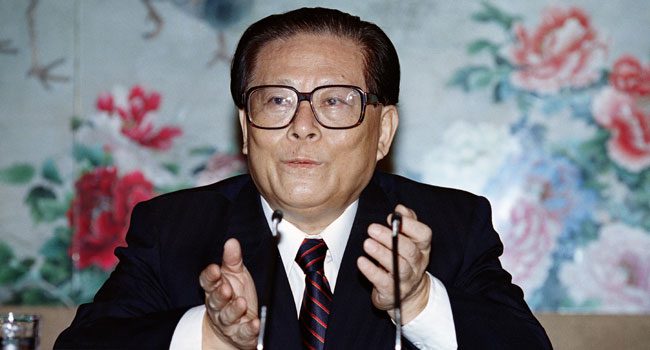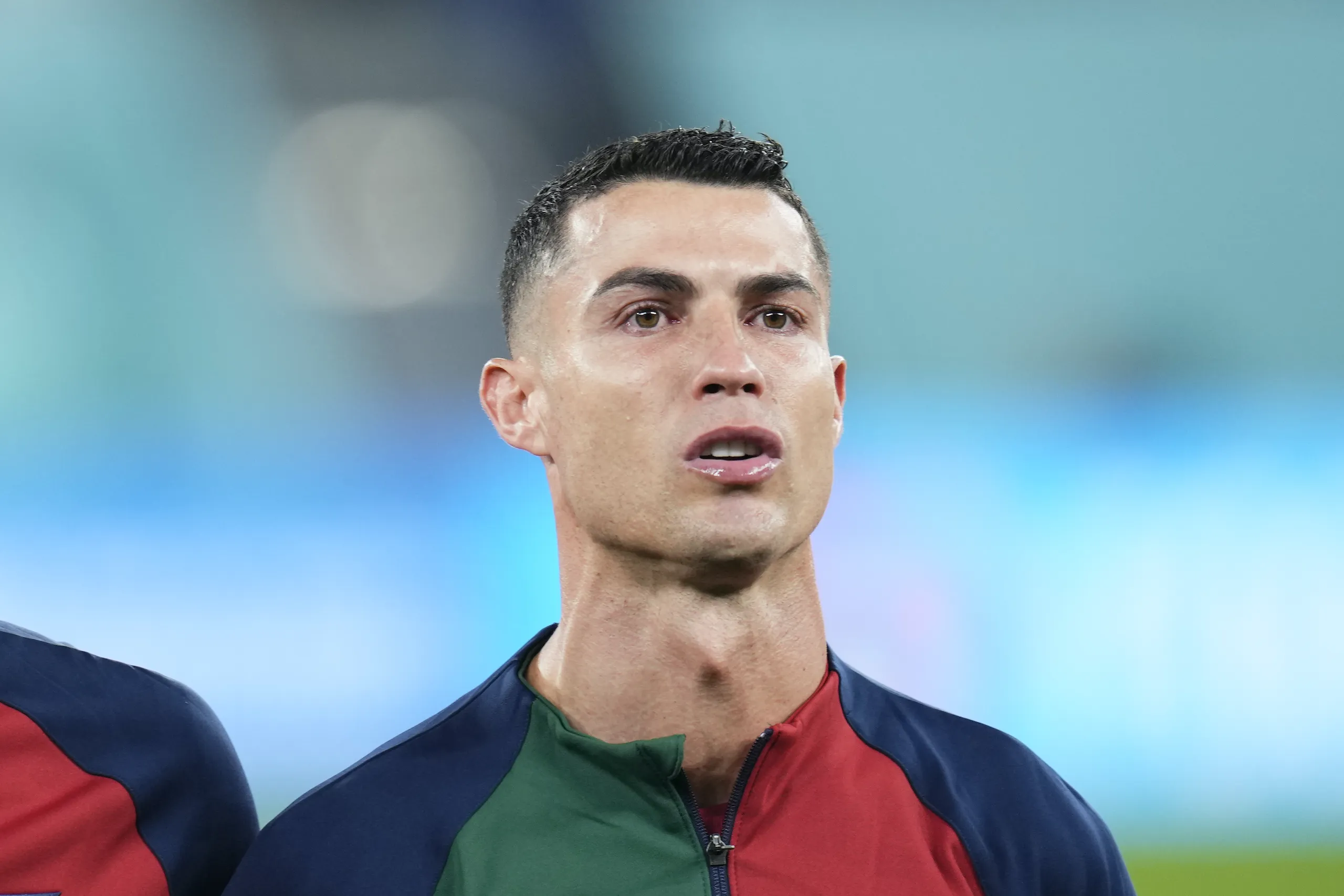The former president of China Jiang Zemin has died. He died in his hometown in Shangai on the afternoon of Wednesday just after 12:00 local time (04:00 GMT), at the age of 96.
According to Chinese state media, Jiang, who was china’s leader that led the country for ten years into a season of tremendous economic growth following the Tiananmen Square crackdown in 1989, died of leukemia and multiple organ failure.
Also, confirming the statement on the cause of his death a statement from the Chinese Communist Party, confirmed that he died of leukemia and multiple organ failure.
According to the claim, the ruling Communist Party, parliament, cabinet, and military have issued a message to the Chinese people detailing his demise.
State media websites, such as the Global Times and the Xinhua news agency, went black and white in remembrance.
Read Also:
The letter said, “Comrade Jiang Zemin’s death is an incalculable loss to our Party and our military and our people of all ethnic groups,”
It stated that the statement was made with “profound grief” to the Chinese people.
Nearly three years into the COVID-19 pandemic, Jiang’s death coincides with riotous conditions in China, where authorities are coping with rare, broad street protests by locals fed up with strict COVID-19 restrictions.
China is likewise experiencing a severe economic downturn that is exacerbated by zero COVID.
Numerous users of China’s Twitter-like Weibo site referred to Jiang’s passing as the end of an era. Jiang remained prominent after his retirement in 2004, and his passing was viewed by many as the end of an era.
A user from the province of Henan remarked, “I’m very sad, not only for his departure but also because I really feel that an era is over,”
A Beijing Weibo user wrote, “As if what has happened wasn’t enough, 2022 tells people in a more brutal way that an era is over,”
A Brief History
After the 1989 crackdown on demonstrators in and around Beijing’s Tiananmen Square, which led to the worldwide isolation of China, Jiang rose to power.
The episode precipitated a heated power struggle between reactionaries and reformers at the head of the Communist Party.
Jiang, who was first viewed as a plodding bureaucrat, was thereby raised to a position of prominence. He was selected as a compromise leader in the belief that he would unite conservatives and liberals.
Under his leadership, a robust economy was developed, the Communists tightened their hold on power, and China ascended to the forefront of global power.
He oversaw the peaceful transfer of Hong Kong in 1997 and China’s admission into the World Trade Organization in 2001, thereby integrating the country into the global economy.
However, political changes were also shelved, and he suppressed internal dissent while taking a tough attitude toward Taiwan. In 1999, he was criticized for the violent suppression of the religious cult Falun Gong, which was perceived as a danger to the Communist Party.
In order to secure his place inside the Communist Party, he devised his own political ideology, the Three Represents theory, in an effort to modernize the organization.
During his time in office, Jiang attempted to develop ties with the United States, making multiple trips to the country and promising then-President George W. Bush assistance in the “war on terror” following 9/11.
In a nation not known for its flamboyant leaders, he was regarded as possessing a more colorful personality than his successors. He sang Elvis Presley at a global conference and then went swimming off the shore of Hawaii.
Later in life, he retreated from the government and was rarely seen in public. Nonetheless, as he became less noticeable, he became the unlikely topic of internet memes.
Many Chinese caricatured his distinctive thick eyeglasses and compared his appearance to that of a toad. Young supporters referred to themselves as “frog worshippers.”
Funeral
Jiang’s successors as president, Hu Jintao, and Xi Jinping, are set to attend his funeral, according to a letter published by the state-backed Global Times. Hu Jintao was abruptly withdrawn from the CCP meeting last month.
However, international leaders and countries will not be invited to the celebration, according to the letter. The funeral committee stated that the decision was consistent with “Chinese custom.”


















